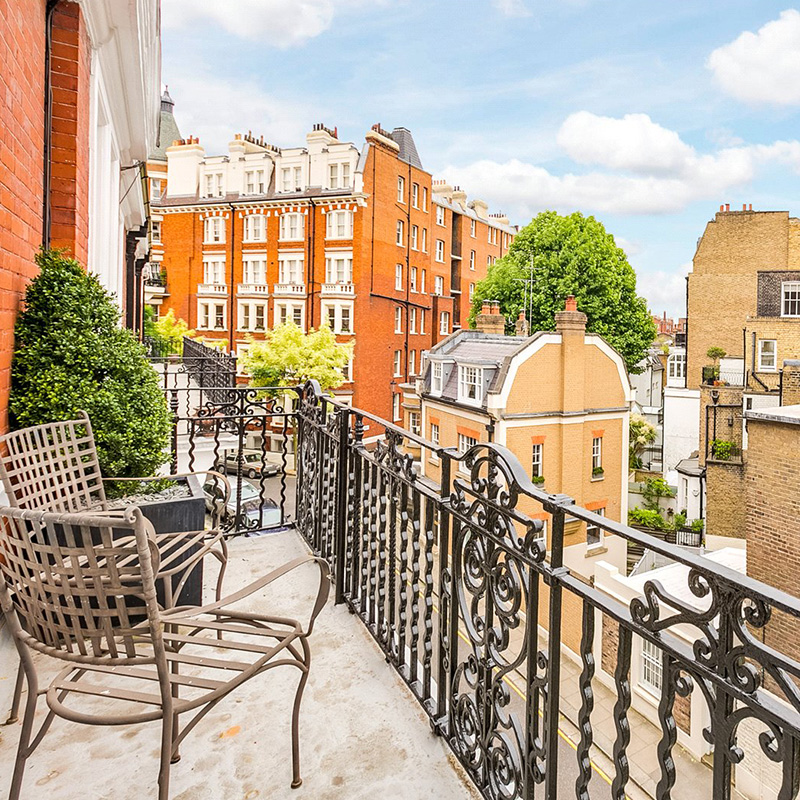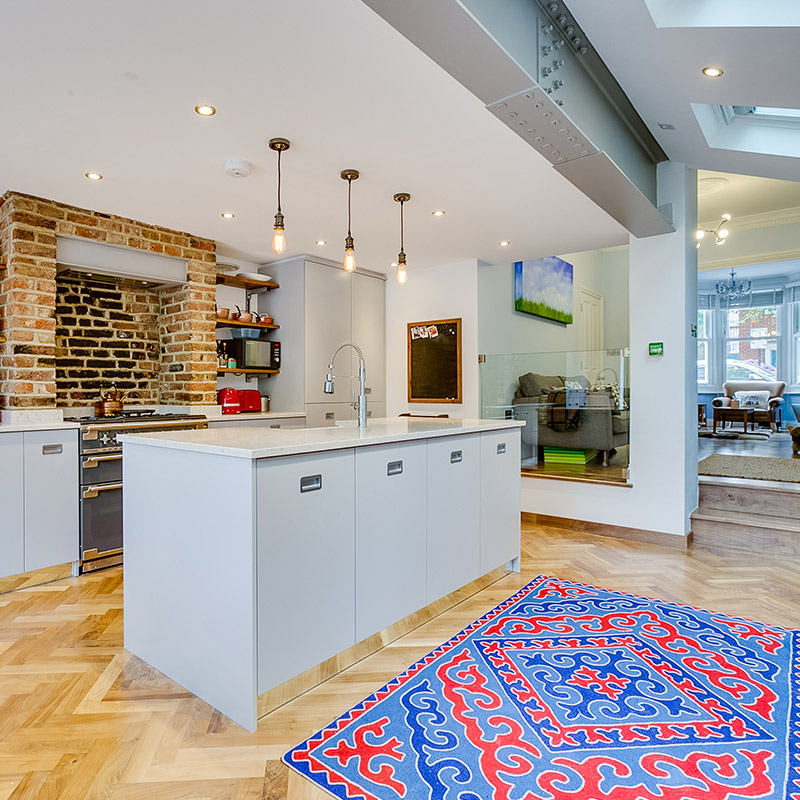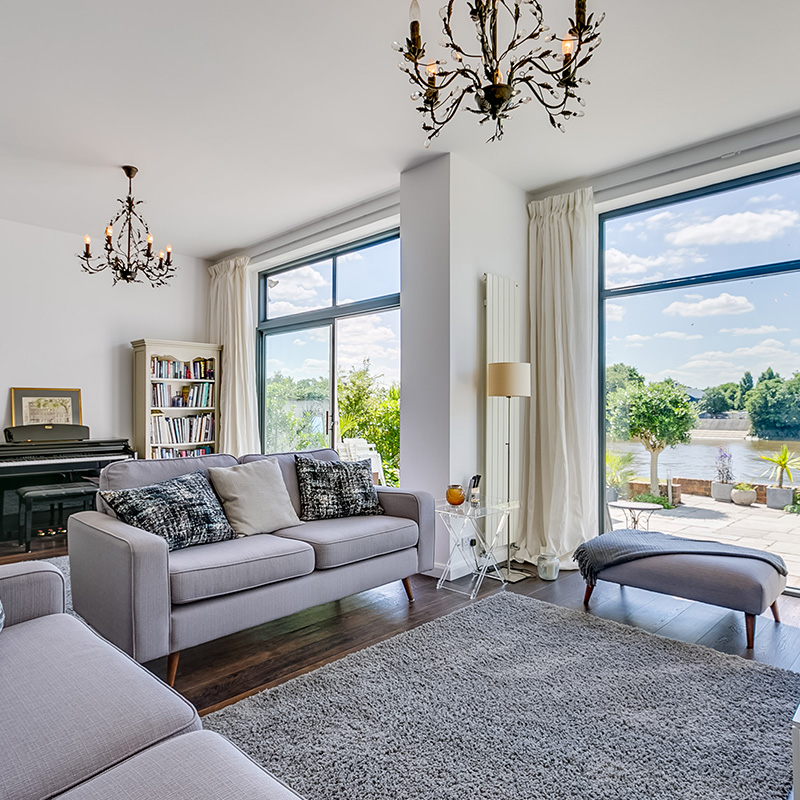What is a mortgage?
A mortgage is a loan taken out to buy property or land. The lender of the money will charge you interest on the amount borrowed and you will acquire the capital as you pay the sum off. Lenders often require a deposit of 10% of the value of the property, although some will accept 5%. A 10% deposit is usually a more sensible option as it means you won’t need to borrow as much, and interest rates will be lower. The remaining 90-95% of the property’s worth will be paid by your mortgage lender. You then repay the loan, usually in the form of monthly instalments, until your debt is cleared.
As the loan is secured against the value of your home, if you can’t keep up with repayments, your provider can repossess your property to recover the money you owe. For this reason, make sure you assess your finances prior to borrowing so you don’t struggle with repayments.
Before applying for a mortgage you need to consider:
- The size of your deposit.
- The amount you’ll need to borrow.
- What your monthly repayments will be.
- How many years you want to pay it off.
What is credit rating?
Essentially, a credit rating is an estimate of how good a person is at managing their money. It allows lenders to assess whether you’ll be able to commit to financial agreements.
Each of us has a credit rating, based on our saving and spending habits. Without teaching Granny to suck eggs, it helps lenders calculate their risk in lending you money. Ie. if you’re bad at saving and have a habit of getting into debt, the chances of the lender making their money back are slim, therefore you’re a high risk investment for them. Conversely, if you’re great at saving, and always repay bills and loans on time, the lender is far more likely to receive their payment, making you a low risk investment.
It’s a numerical rating, and is very easy to check. Experian offers free credit checks, and rates you out of 999. A score of 960 or above is considered excellent, while 881-960 is good. The higher your credit score, the better the rate you’ll be offered by lenders.
Lenders check your credit rating before offering you a mortgage, so it’s well worth trying to improve it all the while you’re saving for a deposit. This will mean you’re more likely to be offered a mortgage, and also improve the offer you can get, with lower interest rates.
How can I improve my credit rating?
If you’re concerned about previous bills that have bounced, or a credit card with slightly too much left to pay, the good news is you have time to try and improve your credit rating. Saving for a mortgage takes a while for most of us, so all the while you’re saving, here are some tips to help you build that credit rating up at the same time.
- Get on the electoral roll
- Always pay bills and rent on time and in full
- Pay off any outstanding debt you have (even if it slows down your deposit savings)
- Be clever with a credit card and spend small to pay off in full at the end of each month
- Don’t make too many credit applications
- Cancel joint bank accounts and bills with partners and relations with lower credit ratings than you
- Cancel unused and old bank accounts and store cards
- Never take cash out on a credit card
- Avoid payday loans!
What other house buying costs are there?
It’s not just the deposit and the mortgage you need to consider when buying your first property. There are multiple other fees, including mortgage fees, solicitor fees, stamp duty (only if your property is over a certain value), searches, and survey fees.
How to set a reasonable budget?
It’s a good idea to set a deposit goal for your savings, so when you hit that golden figure, you’ll know you’re ready to start looking.
Your first step is to work out what you’ll be able to afford in monthly repayments, and balance that against house prices in the area you want to buy.
What do you pay in monthly rent? Does that include bills? Could you afford to pay more each month and still live comfortably?
Once you’ve assessed how much you could afford each month, use the MoneySavingExpert mortgage calculator, alongside your area price estimate to find out your deposit goal. Make sure you save for fees and surveys as well as the deposit.
What is an ‘Agreement in Principle’
A DIP is a written estimate from your chosen lender confirming what they might be prepared to lend you, which is usually valid for 90 days..
Whilst this is not a necessity, a DIP helps you determine what you can borrow and gives you more credibility with estate agents and vendors. Credit checks are conducted by lenders during this process, so be careful not to negatively affect your credit rating; a mortgage advisor will be able to explain this to you in more detail.
What happens when I’ve made an offer?
After a sale has been agreed, your agent will be the main point of communication between all parties involved in the transaction. They will be with you every step of the way to assist you where possible. Your immediate priorities are:
- Instructing a London-based solicitor with recent experience in your chosen area.
- Instructing and paying your IFA/ Mortgage Broker (if applicable) to submit your mortgage application and organise a mortgage valuation.
Your Marsh & Parsons agent will then provide you with property information, fitting and contents, and leasehold informations forms. These give you all the information you need on the property you’re buying.
Once your solicitor has carried out searches, and after your building survey, enquiries into issues affecting the saleability or value of the property can be made.
Once the legal (or ‘conveyancing’) work has been carried out and your finances are in order, you will be in a position to ‘exchange contracts’ prior to the agreed ‘completion’, at which point you can take possession of the property.

 {{ inputPropertyFilter.propertyFilters.length == 0 ? 'More Filters' : inputPropertyFilter.propertyFilters.join(', ') }}
{{ inputPropertyFilter.propertyFilters.length == 0 ? 'More Filters' : inputPropertyFilter.propertyFilters.join(', ') }}

 Price
Price
 Number of beds
Number of beds
 Property Type
Property Type
 Additional filters
Additional filters
 Based on reviews
Based on reviews






